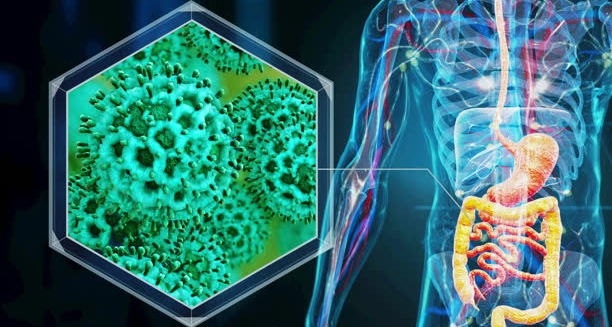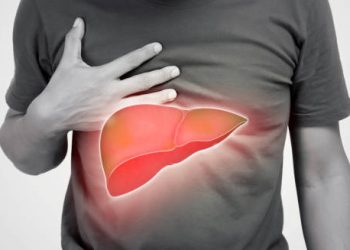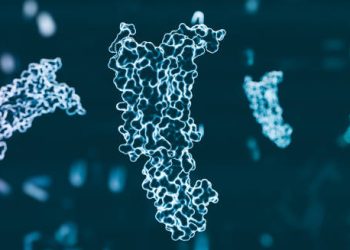Clostridium difficile – Overview
Clostridium difficile, often referred to as C. difficile or C. diff. A type of bacteria that causes inflammation of the colon, a condition known as colitis. A CDI infection typically occurs after antibiotic use. Which disrupts the normal balance of bacteria in the gut and allows C. difficile to multiply and release toxins. These toxins damage the intestinal lining, leading to symptoms such as diarrhoea, abdominal pain, and fever.
C. difficile is found naturally in the environment and can be present in small numbers in the intestines of healthy individuals. However, in the right conditions—particularly when protective gut bacteria are eliminated by antibiotics—it can rapidly grow and cause illness. Older adults, hospitalised patients, and those with weakened immune systems are especially vulnerable.
Clostridium difficile – Overview
The infection ranges from mild diarrhoea to life-threatening inflammation of the bowel. In some cases, complications such as toxic megacolon, sepsis, or even death may occur. C. difficile is highly contagious, spreading via spores that can survive for months on surfaces such as bed rails, toilet seats, and hands.
Due to its association with healthcare environments, C. difficile has become a major concern in hospitals and care facilities. Rigorous hygiene protocols and antimicrobial stewardship are essential to preventing its spread.
In summary, Clostridium difficile is a dangerous bacterial infection that often follows antibiotic use and poses significant risks in medical settings. Early detection, isolation, and treatment are vital to preventing serious outcomes and limiting transmission.
[Next: Causes of Clostridium difficile →]


